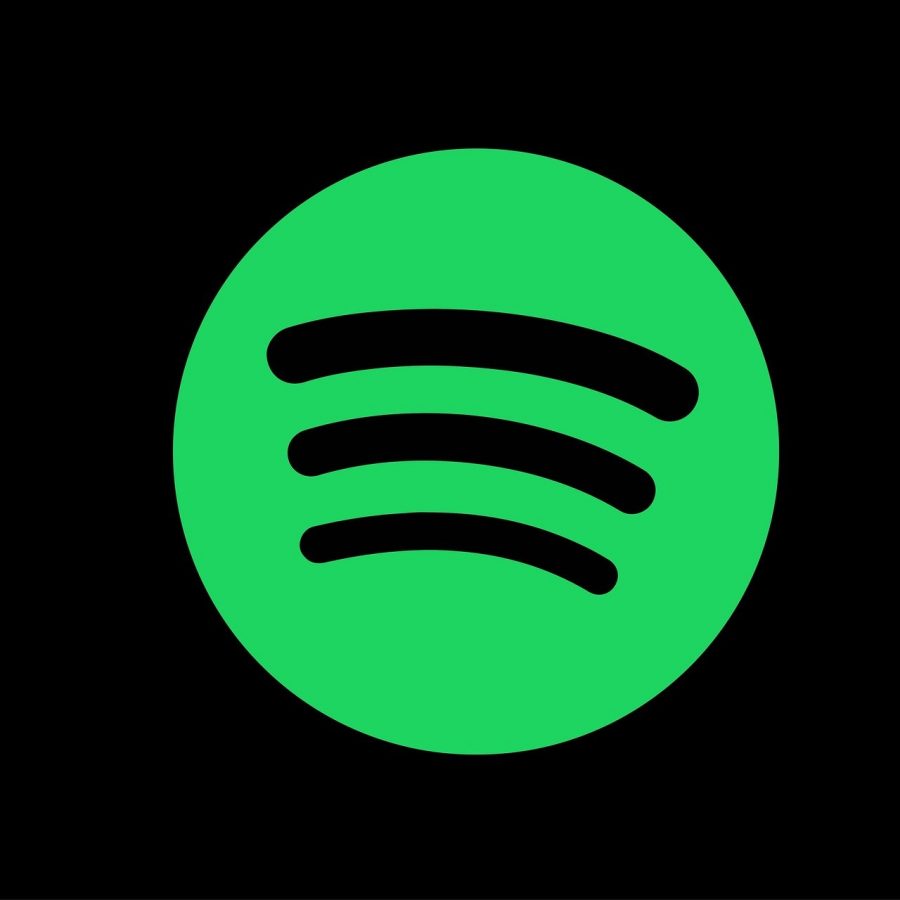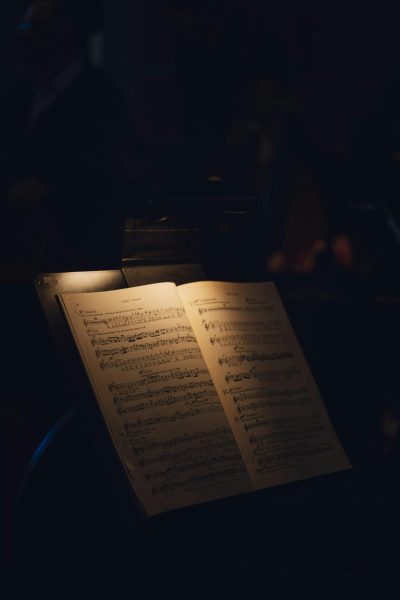How Our Listening Habits Have Changed How Music Is Produced
How New Technology Has Allowed All Artists to be Heard
A lot has changed in the music industry over the past few decades. Advancements like the invention of autotune, or streaming services like Spotify have transformed music. People no longer need to go to a vinyl record store, or use cassette tapes and walkmans. We can search up whatever song we want, and we’ll be able to listen to it.
Spotify, YouTube, Apple Music, for example, have allowed us to listen to a wide variety of music by virtually any creator, anywhere, anytime. You can just search up any genre of music and you can find many songs. Being able to listen to music on these digital streaming platforms have allowed musicians to upload any song with just a click, allowing listeners from all over the world to enjoy their music. Artists no longer need a distributor or a record label to be heard. The fact that most people listen to music on platforms like these means that they can finally take music out of the hands of record labels and into the hands of the artists.
For example, my friend’s cousin made a whole album at home in her room during quarantine and uploaded it to Spotify. She didn’t need a whole production team, or a recording studio, or a major record label. All she needed was her guitar, a microphone, patience, and a place to upload her content (like Spotify) where her music could reach listeners all over the world. Billie Eilish has gotten famous in a similar way. In 2016, she released her song “Ocean Eyes” on SoundCloud, and it went viral. After the song dropped, Eilish started receiving offers from numerous record labels. She didn’t need a major record label to become famous, she only needed a place to upload her music.
This helps artists tremendously, since they no longer first need to be “discovered” by a big record label to get famous. In fact, many creators first uploaded to these streaming platforms, and then huge producers found them from there.
However, there are downsides to this new way of music production and listening. For example, people are making less money. Since artists are now able to produce their own music and upload it anywhere, many of the people who are part of making a record who are paid in royalties (compensatory payments collected by rights holders) aren’t being paid. Especially anytime music piracy occurs, it is even harder to pay those recording artists, and their representatives, which is why so much has been done to reduce piracy
As the way we’ve been listening to music has changed, the way it is produced has also changed, and mostly for the better. Artists can now be heard worldwide, without the backing of a major record label, thanks to listeners migrating to streaming platforms like Spotify, Pandora, YouTube, etc. Who knows how music production and listening will change in the future; will more musicians be able to get their music out there? Only time will tell.
Hi, I'm Alexis. I'm a freshman and this is my first year of journalism. I enjoy writing opinion articles, and investigative journalism. I like figure skating...




